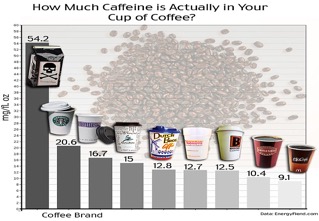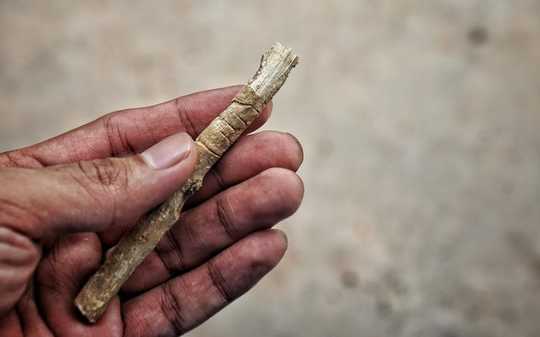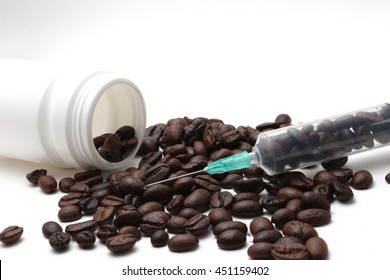Some Known Incorrect Statements About Energy Drinks Addiction Information - UK Rehab


How to Overcome Caffeine Addiction (with Pictures) - wikiHow
5 Easy Facts About Caffeine: How Long it Lasts, How Much & Withdrawals Shown
This combination of drugs threatens enough that the United States FDA considers alcoholic energy drinks risky and bans their sale. While such drinks can be acquired in some other nations, their consumption is ill-advised, as is blending energy drinks and alcohol. The drugs are harmful largely because stimulants counter many, although not all, of the obvious indications one has drunk excessive alcohol (a depressant).
The result of taking a stimulant with a depressant produces a "push-pull" impact on the body, not unlike a speedball. While caffeine is undoubtedly a mild stimulant, it can be very dangerous if a person takes in too much alcohol as the stimulant effects disappear. There is a much greater danger that they will mistakenly experience alcohol poisoning, perhaps overdosing on alcohol and having their breathing alarmingly slowed or even stopped.
Caffeine Addiction Diagnosis - Caffeine Addiction Quiz for Dummies

What is caffeine? Caffeine is the stimulant in your coffee, tea, chocolate and soda that reduces exhaustion, increases alertness and provides you an increase of energy. It can likewise trigger insomnia, headaches, dehydration and high blood pressure, if you're not mindful. For lots of, caffeine is a tool to assist them wake up, liven up and focus.

Is Caffeine Addiction Dangerous? Hospital
Caffeine is a white, bitter compound that's discovered naturally in over 60 plants, including coffee beans, tea leaves and cacao pods that are utilized to make chocolate. The U.S. Food and Drug Administration (FDA) considers caffeine to be both a food additive and a drug. The amount of caffeine in your food and drink differs.

Talk Therapy' Could Help With Caffeine Addiction - The Fix
Is Caffeine a Drug? - Steps to Recovery Things To Know Before You Get This
Coffee can have as little as two milligrams of caffeine (decaf coffee) per cup, and as much as 200 milligrams per cup. Your typical tea has about 40 milligrams of caffeine, however it can range from 9 to 110 milligrams. Twelve ounces of soda pop/soft beverage normally has 30 to 60 milligrams of caffeine.
What effect does caffeine have on the body? Caffeine passes into your bloodstream from your stomach and little intestinal tract. Once in A Good Read , caffeine promotes your central nervous system your nerves, brain and spinal cord to make you feel more awake and alert. Caffeine minimizes fatigue and enhances focus and concentration.
